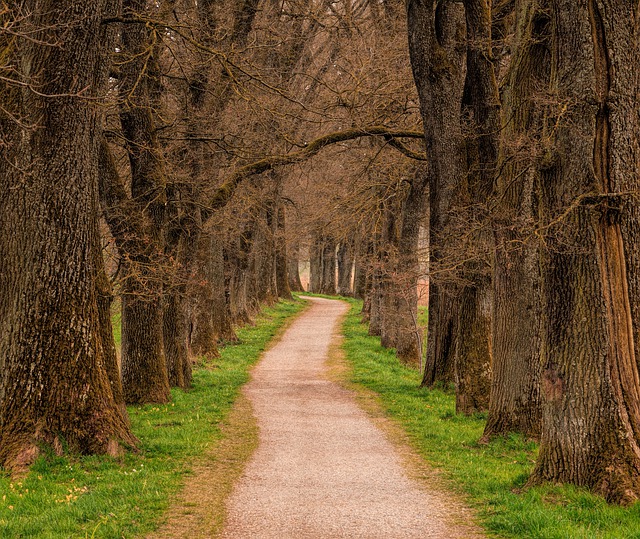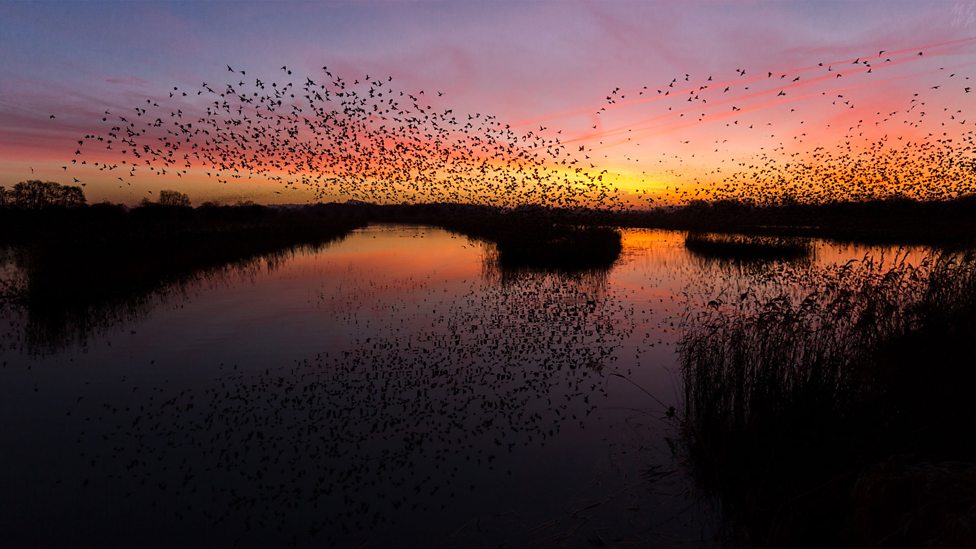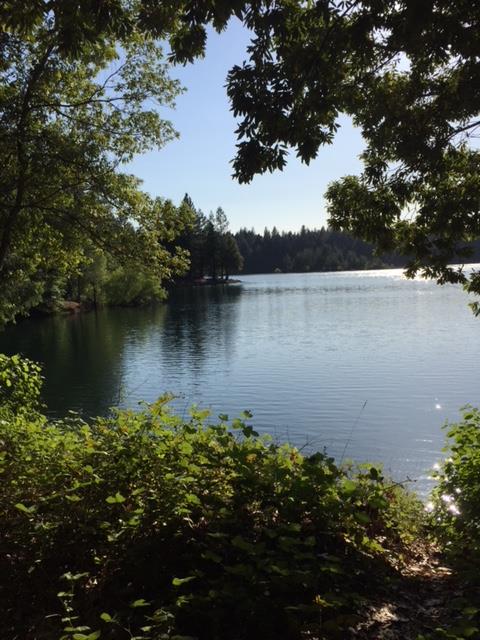Even with the late rains this year, the mountain reservoir is surprisingly full, fuller than I’ve ever seen it. Public access down at the lake is closed today, so we park up top and walk in.
Taking a solitary meditation (I know of no other kind) a half-hour from the empty parking area, there is the feeling of a watery Arecibo, a place where cosmic awareness can be focused and amplified.
A fair breeze causes small waves to lap onto the shore at my feet. The beauty is so intense that simply with sensory sensitivity, and attention to thoughts and emotions as they arise, the separate ‘me’ quickly dissolves, yielding joy and ecstasy beyond expression.
The program of the self is continuity of memory, image and experience. We can only truly know life if we die to our selves, and commune with the ever-present actuality of death, because life and death are inseparable. Why as humans do we continue to separate death from life, and thereby, fear it?
Lest I completely forget the world, unseen conduits drive in across the lake and blast the area with the bass of darkness through their car speakers. The infernal noise reverberates over the lapping waves from a mile away. I remain with what is, and they leave after 10 minutes.
The wind dies down, the surrounding woods become still, and the little lake becomes almost like glass. A spontaneous feeling of reverence and awe washes over one.
There are only ripples now, with a growing silence on the lake, in the woods, and within one’s mind and heart.
The silence becomes almost too much to bear. It’s a pregnant silence, complete in itself, with nothing to be born from it except a deepening awareness of the wordless sacredness that permeates the cosmos.
Why do so few people actually awaken meditative states, but prefer to sit like stony sheep in groups with eyes closed or staring at a wall? Is it because, as I once heard a religious teacher say, “Be careful opening the door; evil finds it much easier to enter than goodness”?
No one wants to be vulnerable, yet without risking vulnerability we become inwardly dead. Apparently that’s preferable to most people, although few realize that no matter how dark things get, there is an infinite wellspring of beauty and awareness in the universe.
It’s getting harder and harder to find sanctuary in this world. Sanctuary is not escape from the world, but protection from the darkness that increasingly defines human consciousness itself.
Thought is such a petty thing, why is it so powerful? Why do division and psychological memory so dominate the human brain? They are the source of conflict, sorrow and suffering, and yet people cling to them as if they were life itself.
The human brain, in a state of attentive stillness, is a receiver for the background wholeness and holiness (two words, and things, that have the same root) of the universe. Given that’s true, why is the brain anchored in symbols, memory and noise, rather than in attention, stillness and silence?
Astronomers Penzias and Wilson accidentally discovered the leftover ‘hum’ from the Big Bang, now known as CMB (for cosmic microwave background radiation) in 1964 by while they were working with the Holmdel Holm Antenna in New Jersey. CMB had been predicted 14 years earlier, but they couldn’t figure out at first what it was, even thinking it might be distortions from bird poop in the antenna.
Is it like that for most people—there’s so much poop they don’t realize the underlying sacredness is even there, much less that the true meaning and purpose of brains such as ours is to receive and share in it?
Time stops and there’s only the unfolding of being in silent consciousness. Consecrated by awareness beyond thought, I don’t want to leave the peaceful lake, but it’s been an hour and half, and my friend is waiting.
Martin LeFevre


